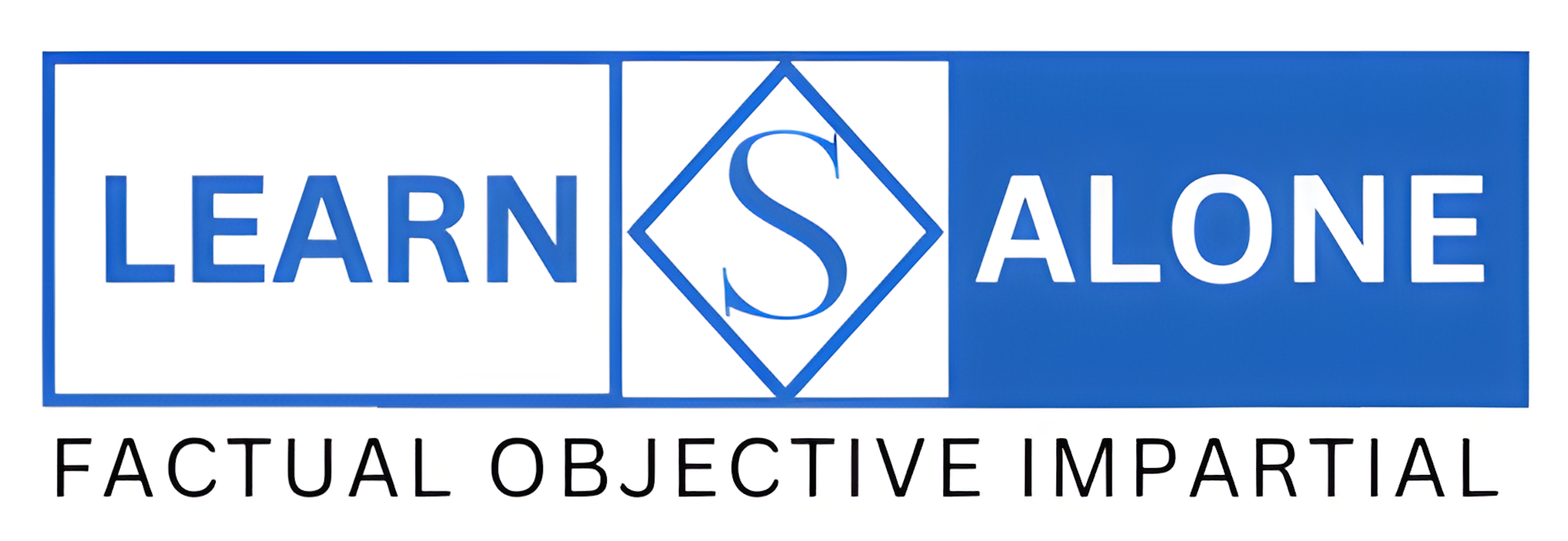By: Edward Dictionary Caulker
A Producer’s Reflection: When the Questions Hit Home
As I sat in the dimly lit SLIK TV production room on a quiet Sunday morning, listening to The Brutally Frank Show, I couldn’t help but feel uneasy. Melvin Mansaray and James Fortune were in spirited conversation with Sylvanus Blake, Public Relations Officer of the Anti-Corruption Commission (ACC), and Dr. Victor Moinina, a governance expert. Their voices filled the airwaves with facts, figures, and fervor. Yet, a single, haunting question echoed in my mind:
Is the ACC losing its bite?
It wasn’t just a media question—it was personal. As a citizen, as a journalist, and as someone who still hopes for a better Sierra Leone, I found myself grappling with something far deeper:
From Revered Watchdog to Institutional Doubt
There was a time when the ACC was feared—when its name alone was enough to make public officials pause before misusing a cent of public money. Under Commissioner Francis Ben Kaifala, the institution once embodied accountability. But today, its image is eroding, and the public’s trust is unraveling.
According to the 2025 Afrobarometer Report, Sierra Leoneans no longer react to corruption with shock—they meet it with resignation. A culture of impunity is quietly taking root, where corruption is no longer an exception but an expectation.
Afrobarometer 2025: A Mirror of Public Sentiment
The numbers are as stark as they are sobering:
- 61% of respondents still agree that corruption is a major problem.
- But only 29% trust the ACC to combat it, down from 45% in 2020.
- Nearly 50% believe most or all government officials are corrupt.
- A mere 18% feel safe reporting corruption.
These aren’t just numbers. They reflect a collapse in institutional credibility. Citizens believe the ACC can no longer or will no longer protect the nation’s resources or those who try to defend them.
From Crusader to Question Mark: A Timeline of Waning Impact
A look at the ACC’s recent track record highlights the growing disconnect between public expectation and institutional performance:
2019 Audit Report Scandal: Over Le153 billion in missing public funds made headlines. But prosecutions were minimal, and no senior political figures were held accountable.
COVID-19 Fund Mismanagement (2020–2021): Though some procurement officers were prosecuted, the trials were widely seen as targeting scapegoats, not systemic corruption.
SLFA Corruption Allegations: Despite complaints of misused FIFA funds, the ACC dismissed the case due to “lack of sufficient evidence” a phrase now synonymous with politically sensitive stagnation.
Paran Tarawally Indictment (2024): The former Clerk of Parliament faced charges over unexplained wealth, whereas his wife was also receiving salaries under the purview of her husband. Yet, action only came after media outcry, not as a result of institutional vigilance. And the actions of ACC were nothing to write home about.
Each case follows the same arc: early action, public attention, and then… silence.
The Politics of Selectivity: Unequal Justice in Practice
Civil society organizations and independent analysts have consistently raised red flags about selective prosecution. A common perception is that the ACC aggressively pursues low-level officials and opposition actors, while overlooking transgressions by those aligned with the ruling establishment.
This creates a dangerous dual reality: while for some the ACC remains a threat, while others, it’s an inconvenience they can ignore.
Even within government ministries, integrity assessments are increasingly viewed as ceremonial rather than consequential. “Compliance fatigue” has set in. What was once an accountability ritual has become a box-ticking exercise.
What’s Diluting the ACC’s Power?
Several overlapping factors have weakened the Commission’s capacity and public image:
- Political Interference
The ACC may be legally autonomous, but real-world decisions are often shaped by political pressures especially around elections. - Judicial Bottlenecks
Even when investigations are completed, prosecution depends on a judiciary that is underfunded, slow, and not immune to corruption itself. - Whistle-blower Risk
Citizens remain afraid to speak up. The lack of robust whistle-blower protections means that coming forward could endanger careers or lives. - Media Fatigue
Public attention is fleeting. Once headlines fade the public and sometimes the ACC loses interest, allowing scandals to die quietly.
A Roadmap for Rebuilding Trust
If the ACC is to restore its deterrent power and moral authority, it must undergo bold and transparent reforms. Cosmetic changes will no longer suffice.
Here’s what must change:
Radical Transparency
The Commission must publish periodic, detailed reports on investigations especially high-profile ones—tracking each case from complaint to resolution.
Independent Oversight
A parliamentary watchdog committee, drawn from all political parties and civil society, should be established to provide external scrutiny and protect the Commission’s independence.
Stronger Whistle-blower Protections
Enact and enforce laws that shield whistle-blowers from retaliation—through job security, legal protection, and even financial rewards.
Digitized Accountability
Introduce publicly accessible digital case-tracking portals. Citizens should be able to follow case progress in real time, ensuring transparency and reducing manipulation.
Internal Reform of the Judiciary
Corruption cases must not die in courtrooms. Specialized anti-corruption courts, fast-track procedures, and judicial integrity audits are long overdue.
Conclusion: Restoring the Fear Factor
The real danger Sierra Leone faces today is not just corruption itself but the normalization of corruption.
The ACC, once a beacon of reform, is at risk of becoming irrelevant if it doesn’t course-correct. It’s not enough to issue press releases or parade accused officials before cameras. Justice must be consistent, visible, and impartial.
In a nation where so much has been lost to greed, the ACC must reclaim its role not just as an investigator, but as a symbol. It must make the message clear again:
Until that message is felt in every office, every ministry, and every boardroom, the fight against corruption will remain incomplete, and the hope of a transparent Sierra Leone, deferred.



